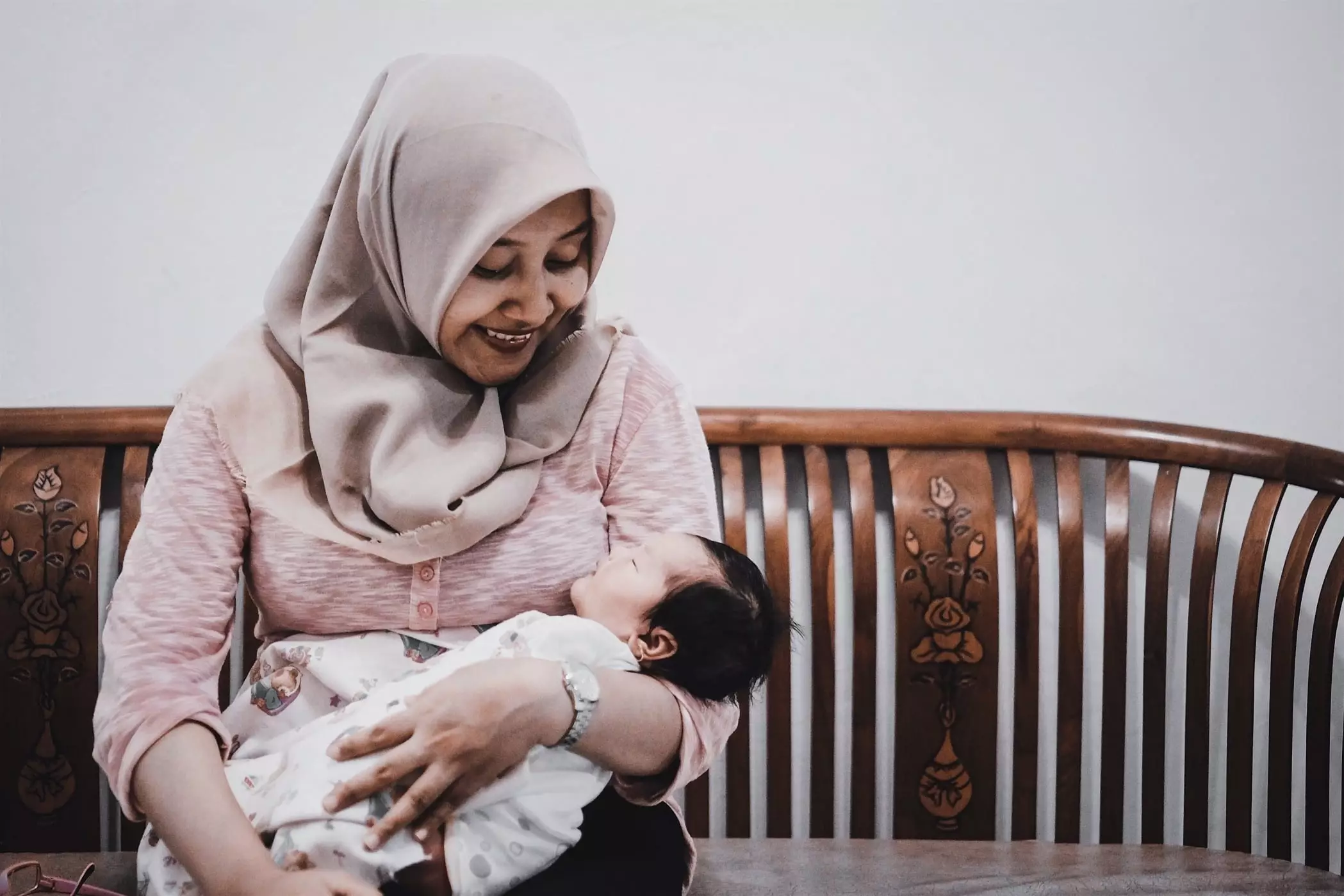Parenthood often means embracing the mundane. Every day is a series of rituals: from the cheerful ascent up the stairs hand-in-hand, to the discussions about proper toothbrush usage (“No, sweetie, we don’t run with toothbrushes in our mouths”), and the nightly storytime that leads to expressive giggles and imaginative adventures. These moments, drenched in affection, create a comforting rhythm for young children, instilling a sense of stability. However, beneath this perceived comfort lies an undercurrent of anxiety for the parent—the continual concern over whether the child will sleep becomes almost all-consuming.
When the child is placed in the crib amid a flurry of hugs and endearments, the inevitable parting looms. The door closes, and an unsettling silence fills the air. Will the child sleep? The simple question reveals much about the emotional landscape of parenting. For toddlers, routine is a balm; for parents, it can lead to a turbulent wait, colored with uncertainty and a tinge of dread.
As the parent sits in the living room, there is a strange dichotomy of emotions—tiny murmurs of baby babble punctuate the silence and float through the air, a melody of innocence intertwined with the anxious clock ticks of waiting. The parent listens acutely, interpreting every sound: Is that a sign of distress or simply playful chatter? The quiet moments bring a sigh of relief, while louder outbursts initiate a sense of concern—indicating that perhaps it’s time to take action.
Parental dialectics often emerge during these periods of waiting. While you instinctively understand the child’s need for sleep, it’s hard to escape the looping thoughts that consume your mind. In those quiet moments, reflecting on earlier days when holding the child close, nursing him to sleep was a comfort, brings both solace and pain. Those times had their own challenges, but at least, in cradling him, there was a sense of intimacy, an immediate solution to soothe the inevitable fussiness.
Every parent knows that time behaves oddly when you are waiting. A mere ten minutes can feel like an eternity, while actual hours slip away unnoticed when engaged in a distraction. However, during moments of anxiety, that distortion of time can evolve into a constant reminder of what is at stake—rest for both parent and child. The internal struggle becomes palpable: feelings of frustration intertwine with the innate desire to be productive during this seemingly unending wait. But can one truly focus when the mind is preoccupied with thoughts of a restless child?
This struggle with time transcends mere waiting for sleep; it is a metaphor for parenting as a whole—an exercise in patience. The hours spent in joyful anticipation of milestones and physical milestones are fraught with a paradox: while we long for the moments when children could express themselves in words or sleep through the night, we must grapple with our deep-rooted fears concerning their development.
Reflecting on waiting in a more general sense, one is reminded that the journey to parenthood itself is defined by a series of waits. The initial desire to expand one’s family often collides with harsh realities: the meticulous planning that precedes conception, carefully navigating contracts with sperm donors, and watching the calendar for prime fertile days. Each stage, a test of patience and endurance. As the journey unfolds through the endless cycle of anticipation—waiting for positive pregnancy tests, labor onset, and ultimately, engaging fully in the identity of motherhood—the realization dawns: one is not only waiting for milestones but is also enveloped in the experience of waiting itself.
Time for parents morphs into cycles of anticipation. The once unwavering notion of “expecting” shifts into an ever-present state of vigilance for what lies ahead: “Will he talk next? Will he learn to ride a bike? Will he sleep through the night?” Each milestone demands attention, and each moment further enforces that parenting is a constant state of flux and waiting.
Ultimately, the question lingers—will the child sleep? Today, one might find solace in the familiar chaos of being a parent, even if it means battling the inner turmoil of waiting. As one embarks on the next anxious climb up the stairs, they brace themselves for yet another round of gentle negotiations, tender hugs, and the timeless pursuit of slumber—both for the child and themselves. Though it seems the day may stretch endlessly, each experience builds an innate understanding of the beauty and challenge of parenting—a dance between joy and worry, spontaneity and routine, waiting and fulfillment.

